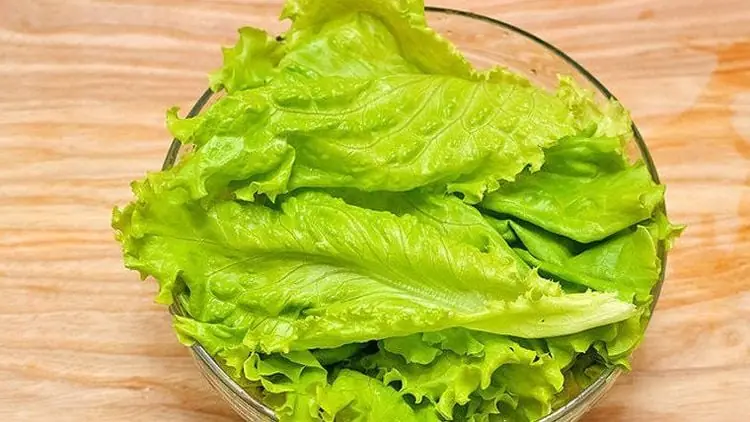
7 Foods That Can Turn He.art Medications into a “De.adly Poi.son”
Doctors Warn: 7 Foods That Can Turn He.art Medications into a “De.adly Poi.son”
For millions of people worldwide, heart disease is a lifelong battle that requires daily medication to keep symptoms under control and prevent life-threatening complications. However, many patients don’t realize that certain foods—some of them very common—can drastically interfere with the effectiveness of heart medications. In some cases, these foods may even trigger dangerous or fatal reactions.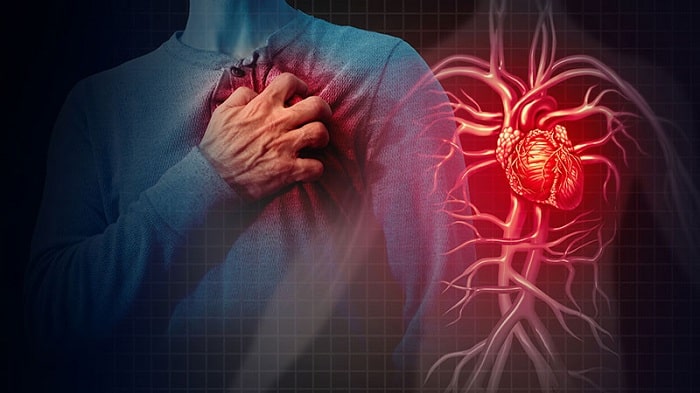
Doctors are now sounding the alarm: patients taking cardiovascular drugs must be extremely cautious with their diet. Below are seven types of foods that heart patients should absolutely avoid if they don’t want their lifesaving prescriptions to become “deadly poisons.”
1. Grapefruit and Grapefruit Juice
This tropical fruit is well-known among doctors for its ability to interact with medications. Grapefruit contains compounds called furanocoumarins, which interfere with enzymes in the liver responsible for metabolizing many heart drugs, including statins, calcium channel blockers, and certain anti-arrhythmic medications.
When these enzymes are blocked, drug levels in the bloodstream can rise to dangerously high concentrations, increasing the risk of side effects such as muscle damage, irregular heartbeat, or even kidney failure. Even a single glass of grapefruit juice can trigger these effects, so patients are strongly advised to avoid it altogether.
2. Green Leafy Vegetables High in Vitamin K
Spinach, kale, broccoli, and other leafy greens are packed with Vitamin K. While generally healthy, they can interfere with anticoagulants such as warfarin, a drug prescribed to prevent blood clots.
Vitamin K plays a crucial role in blood clotting. Eating too many Vitamin K-rich vegetables can reduce the effectiveness of blood thinners, making them less able to prevent strokes or heart attacks. The key problem isn’t eating them once—it’s inconsistency. Doctors recommend either limiting intake or maintaining a very stable, predictable consumption of these vegetables so that medication dosages can be properly adjusted.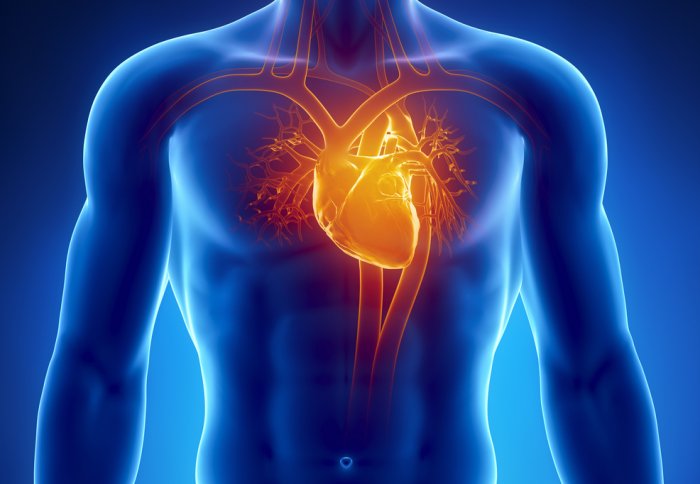
3. Salty Processed Foods
Salt is the hidden enemy of people with heart disease. Processed foods such as canned soups, instant noodles, deli meats, and salty snacks contain extremely high sodium levels that counteract the benefits of blood pressure medications.
Too much sodium can raise blood pressure, increase fluid retention, and put extra strain on the heart. In patients taking diuretics, excessive salt can even reduce the drug’s effectiveness, leading to swelling, shortness of breath, and worsening heart failure symptoms.
4. Alcohol
Alcohol doesn’t just strain the heart; it can also alter the way medications work. Drinking while on beta-blockers or anticoagulants can dangerously lower blood pressure, impair judgment, and increase the risk of bleeding.
Moreover, alcohol may weaken the liver’s ability to process drugs, raising the risk of toxic side effects. For heart patients, even small amounts of alcohol can be harmful—so many cardiologists recommend complete abstinence.
5. Black Licorice
This seemingly harmless sweet contains glycyrrhizin, a compound that can cause potassium levels in the body to drop. Low potassium is especially dangerous for patients on digoxin or certain anti-arrhythmic medications, as it can trigger irregular heart rhythms, muscle weakness, or even cardiac arrest.
Because licorice flavoring also appears in teas, candies, and herbal remedies, patients must read labels carefully to avoid accidental consumption.
6. High-Fat Dairy and Fried Foods
Butter, cream, whole milk, fried chicken, and fast foods may not directly interact with medications, but they can undermine treatment in a more subtle way. These foods raise cholesterol levels, promote weight gain, and worsen arterial blockages—all of which increase the risk of heart attack or stroke.
Additionally, a high-fat meal can interfere with the absorption of certain drugs, reducing their effectiveness. For patients relying on precise medication dosing, this unpredictability can be risky.
7. Energy Drinks and Excessive Caffeine
Caffeine stimulates the nervous system and can increase heart rate and blood pressure. Energy drinks, which often contain high doses of caffeine and other stimulants, are especially dangerous for people with cardiovascular disease.
When combined with heart medications such as beta-blockers or anti-arrhythmics, caffeine can blunt the drug’s effects, leading to palpitations, dizziness, or even sudden cardiac events. Doctors recommend limiting coffee intake and avoiding energy drinks altogether.
Final Word of Caution
Heart medications are carefully calibrated to keep the body in balance. But when combined with certain foods, that balance can collapse—sometimes with deadly consequences.
Doctors urge all heart patients to consult their physician or pharmacist about possible food-drug interactions. Even something as simple as a salad, a candy, or a glass of juice can have life-altering effects when mixed with the wrong prescription.
Ultimately, managing heart disease is not just about taking medicine—it’s about making mindful lifestyle choices every day. By avoiding these seven food traps, patients can give their medications the best chance to work effectively and keep their hearts beating strong.
News in the same category

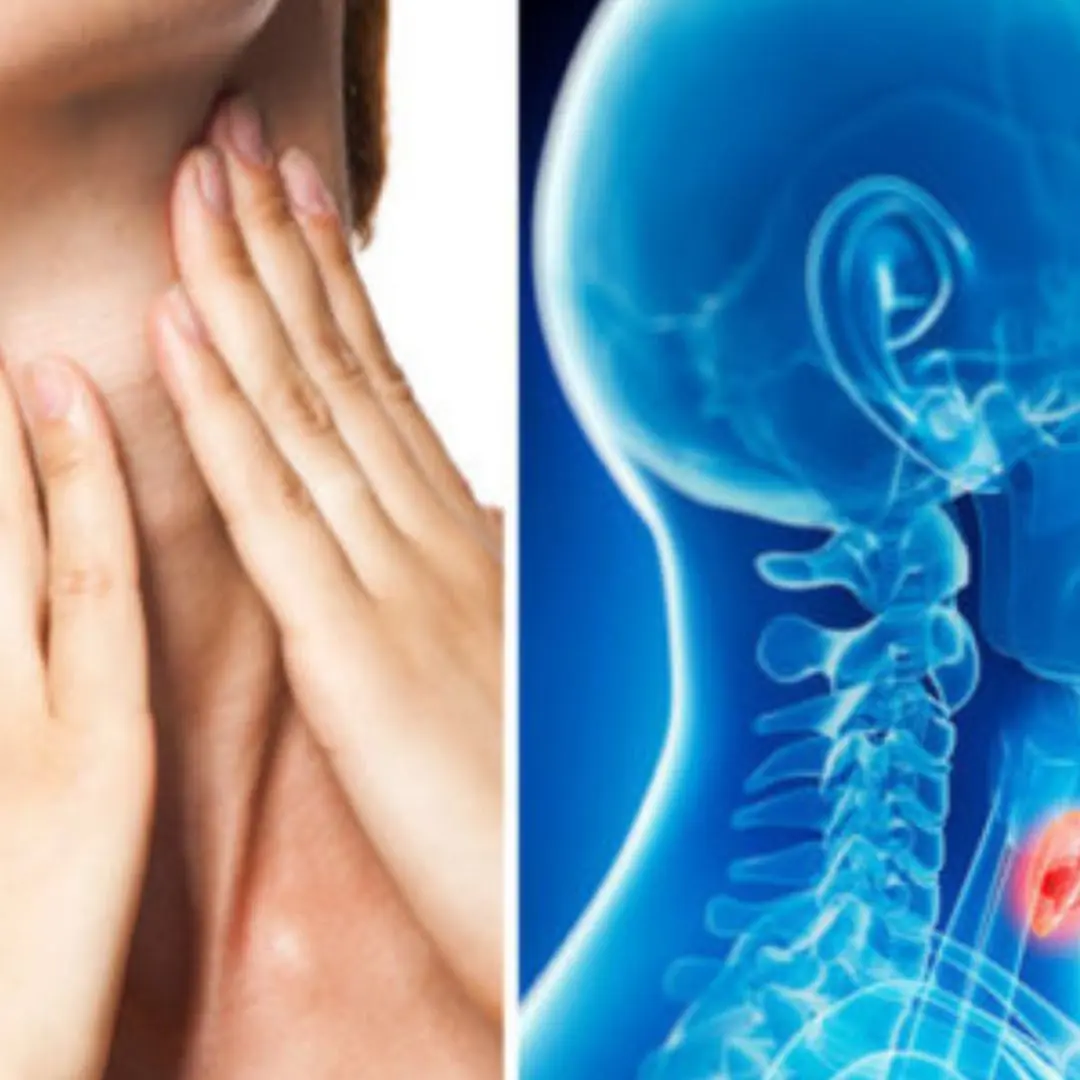
Catching Nasopharyngeal Cancer in Its Early Stages May Offer a 72% Survival Rate

Doctor Reveals 5 Dangerous Mistakes You Must Avoid Right After Eating
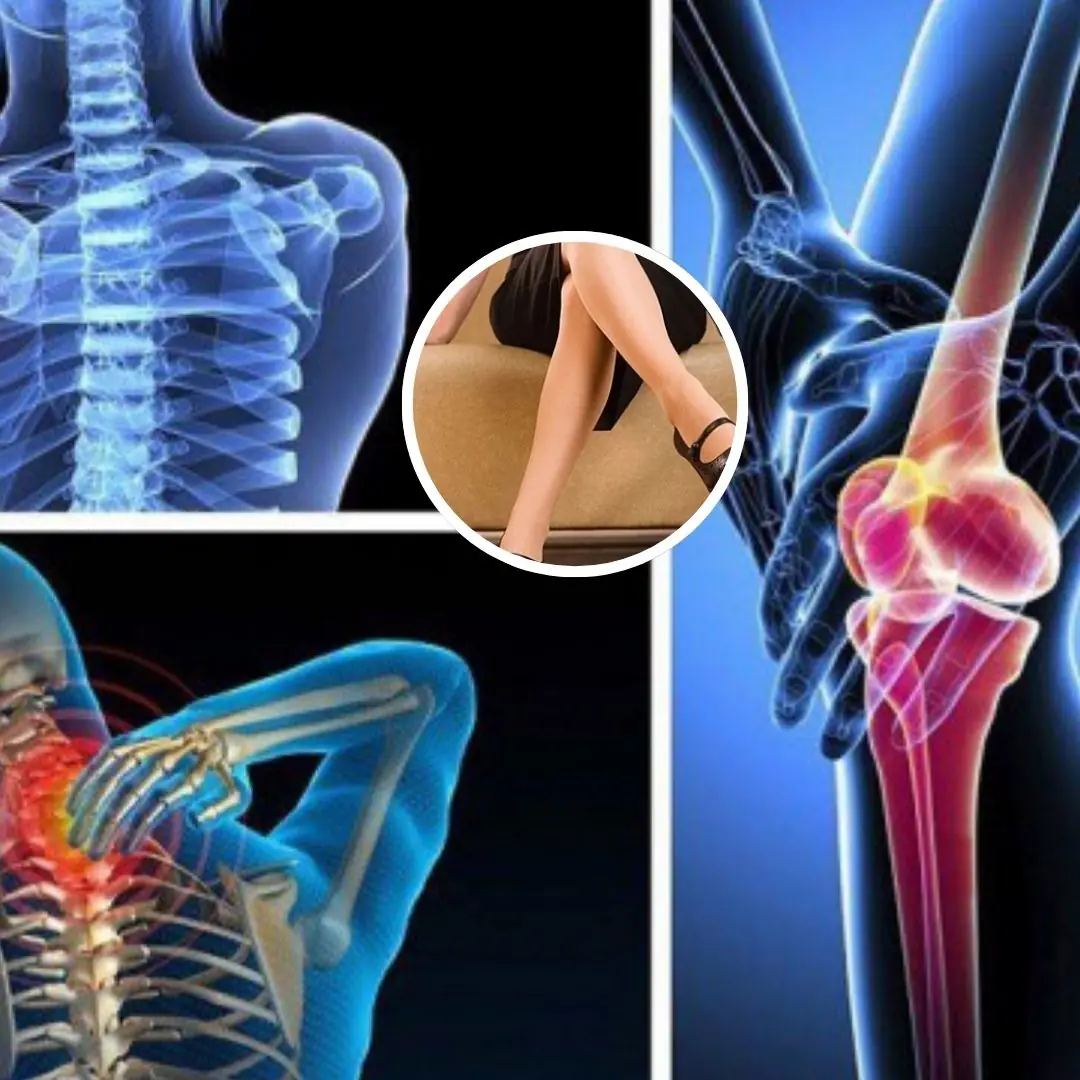
"7 Silent Habits That Wreck Your Bones and Joints — Quit Them Now or Face Pain in Old Age

Night Sweats Explained: 7 Surprising Facts
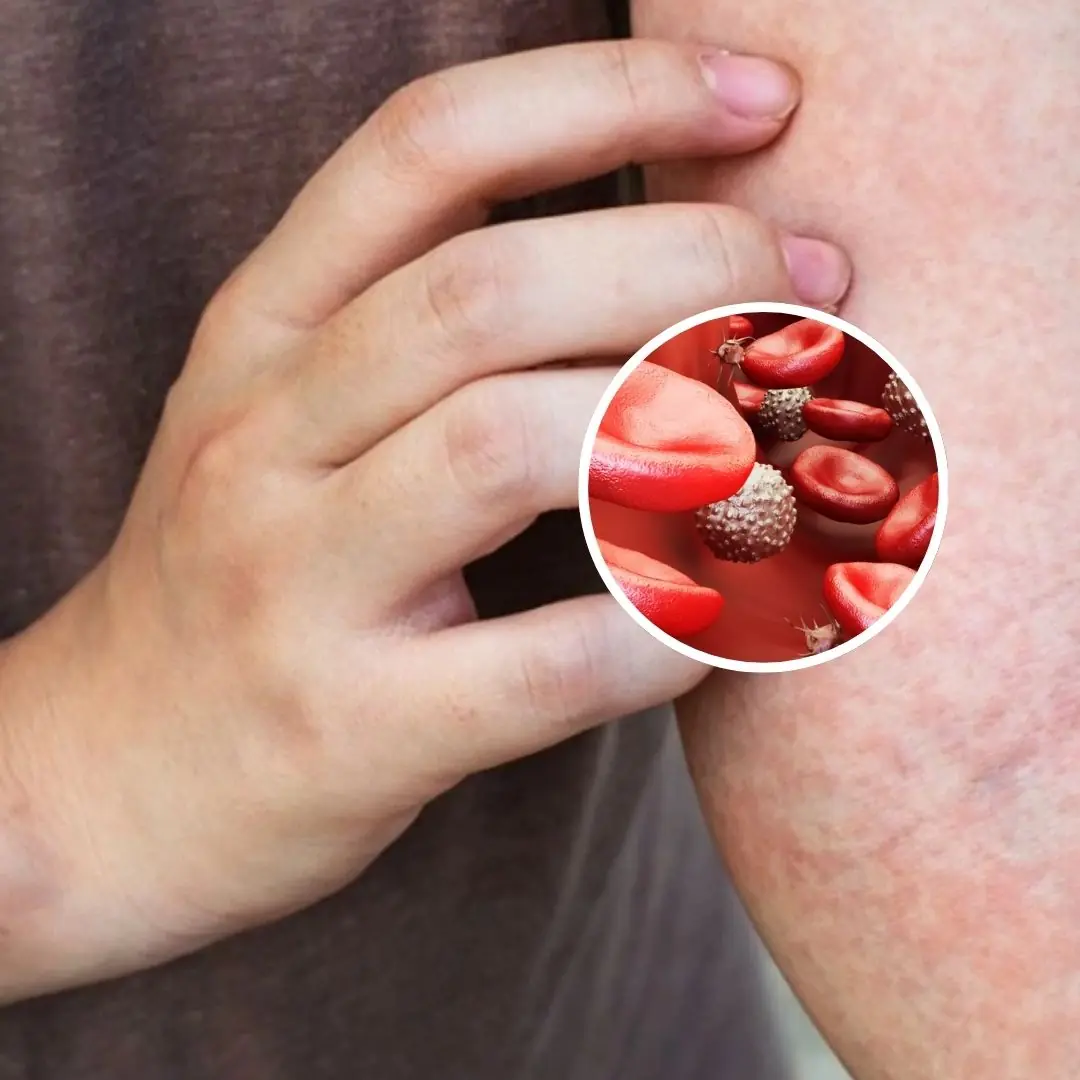
Warning: 10 Overlooked Symptoms That Could Signal Blood Cancer

4 Abnormal Signs in the Abdomen That May Seem “Minor” but Could Indicate Can.cer
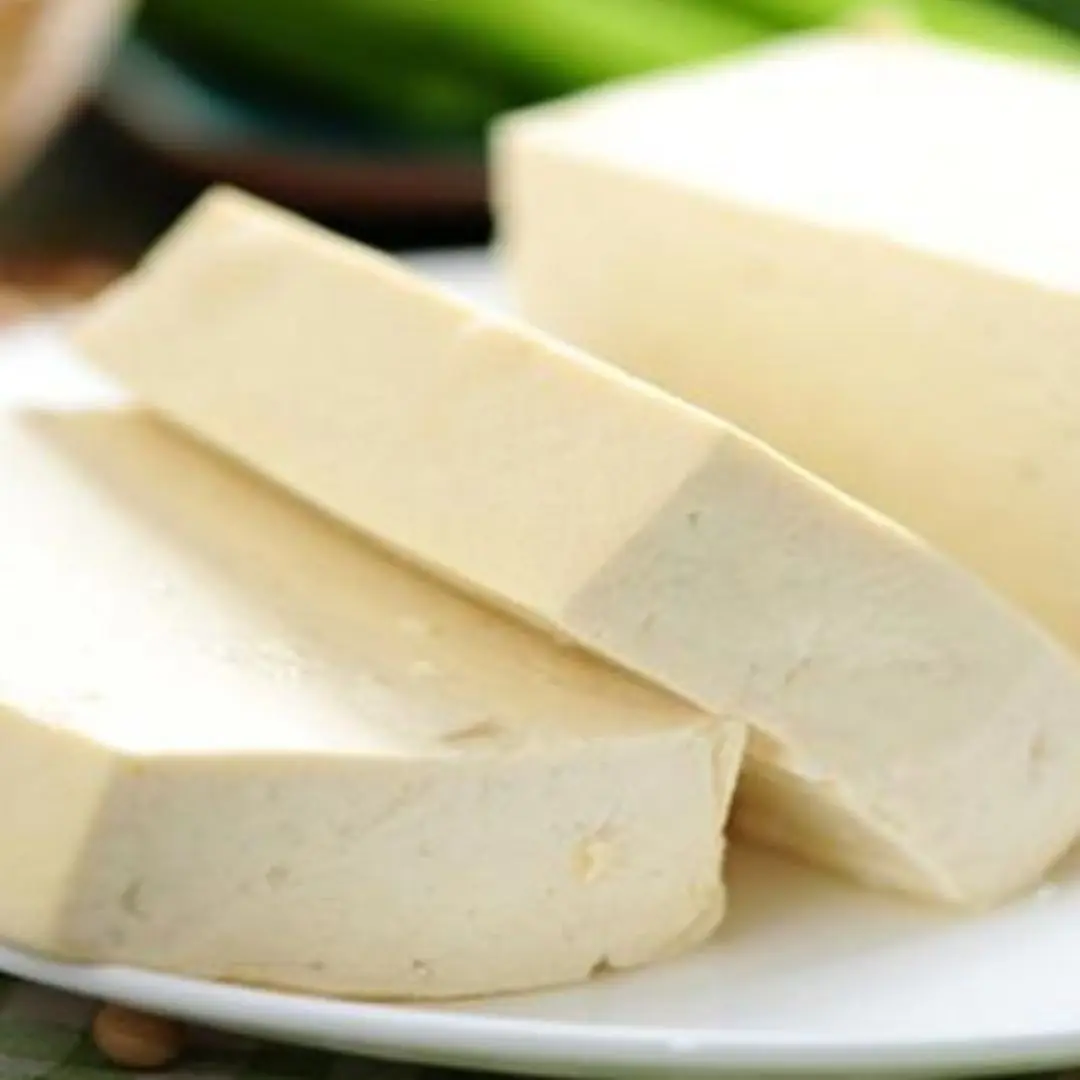
Surprising Everyday Foods That Quietly Work Wonders for Your Liver — And Why You Should Add Them to Your Diet

Despite its health benefits, star fruit is strictly off-limits for these groups of people
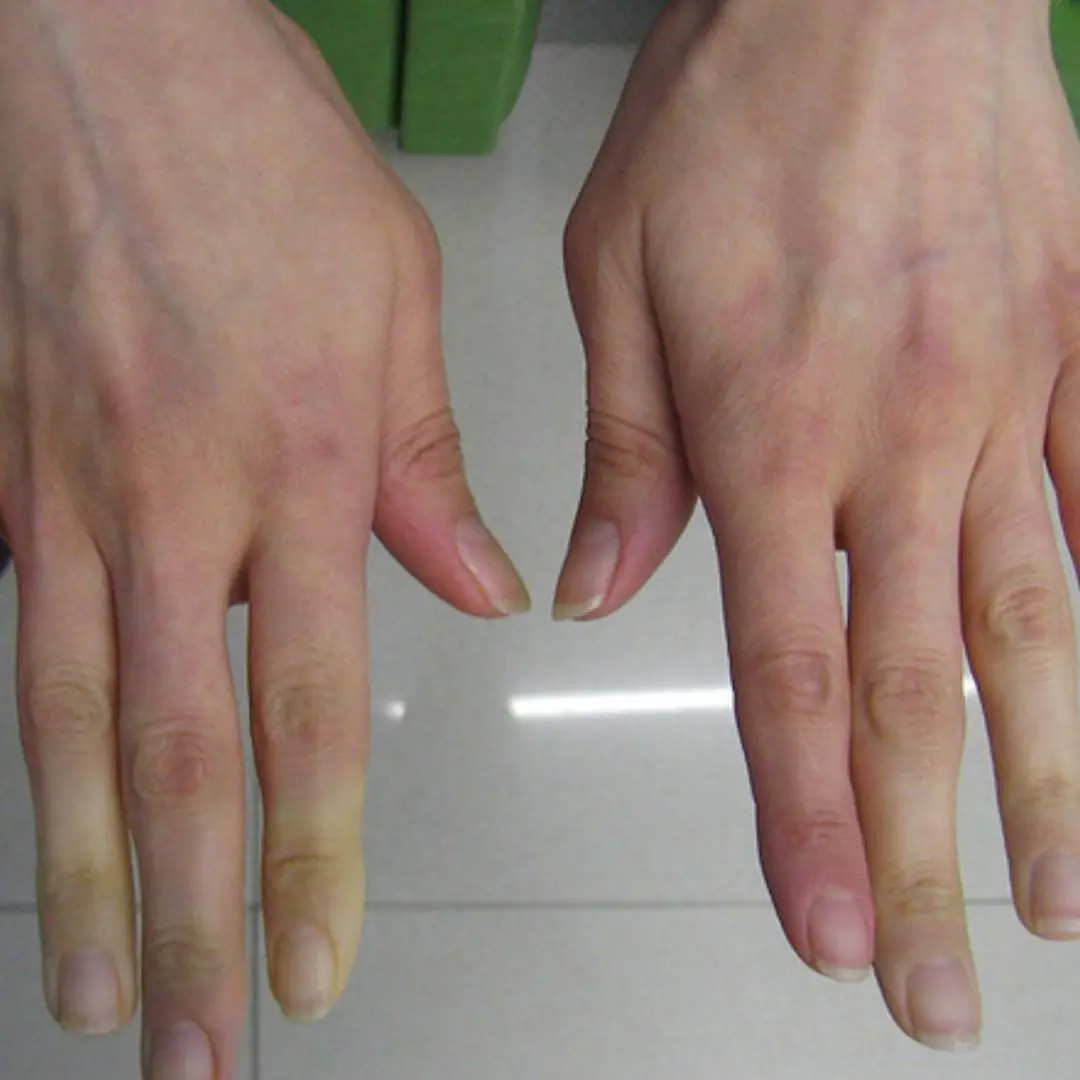
This condition can trigger a sudden transformation in the fingers, leaving them ghostly white or bluish
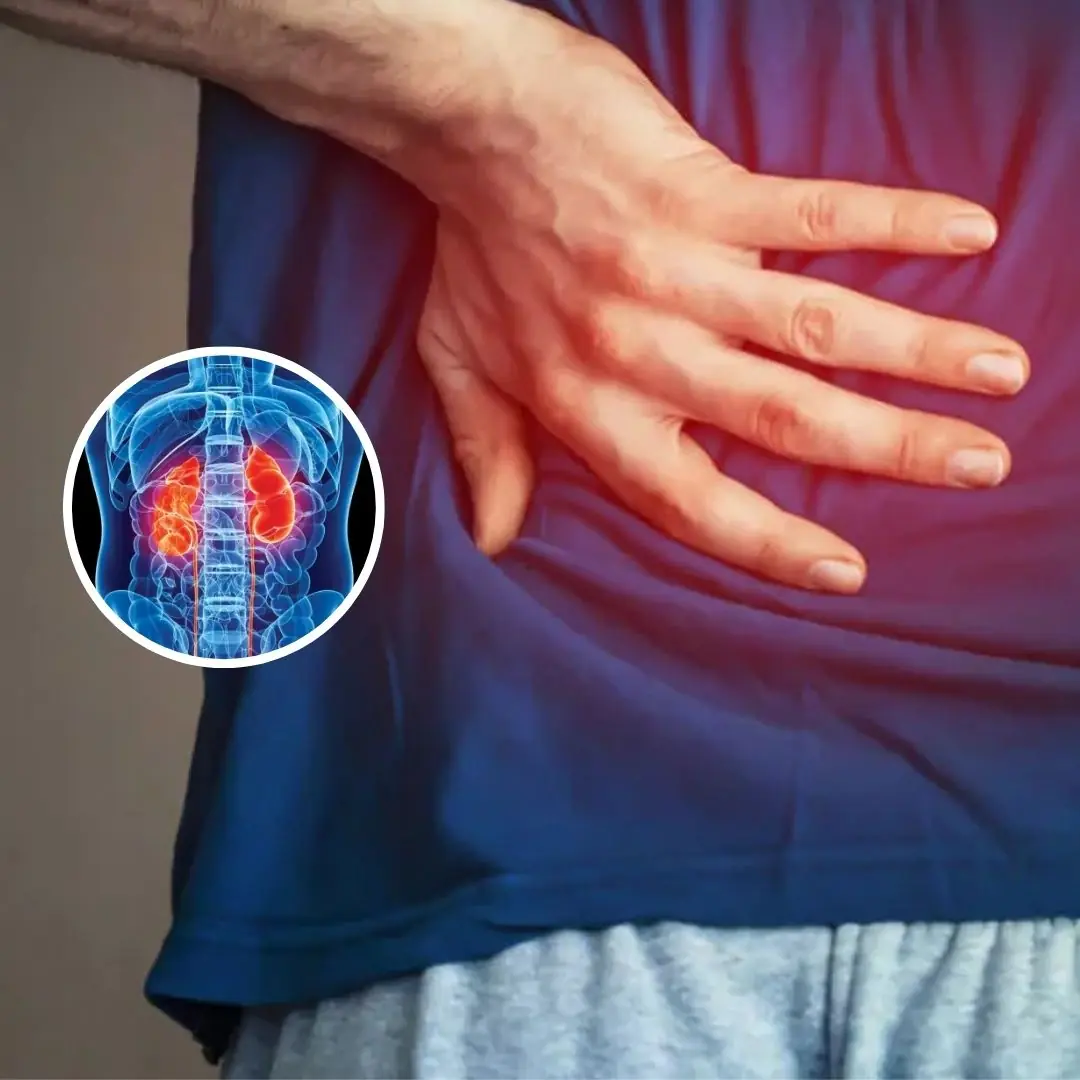
Night Clues: 5 Rare Symptoms Pointing to Kidney Damage
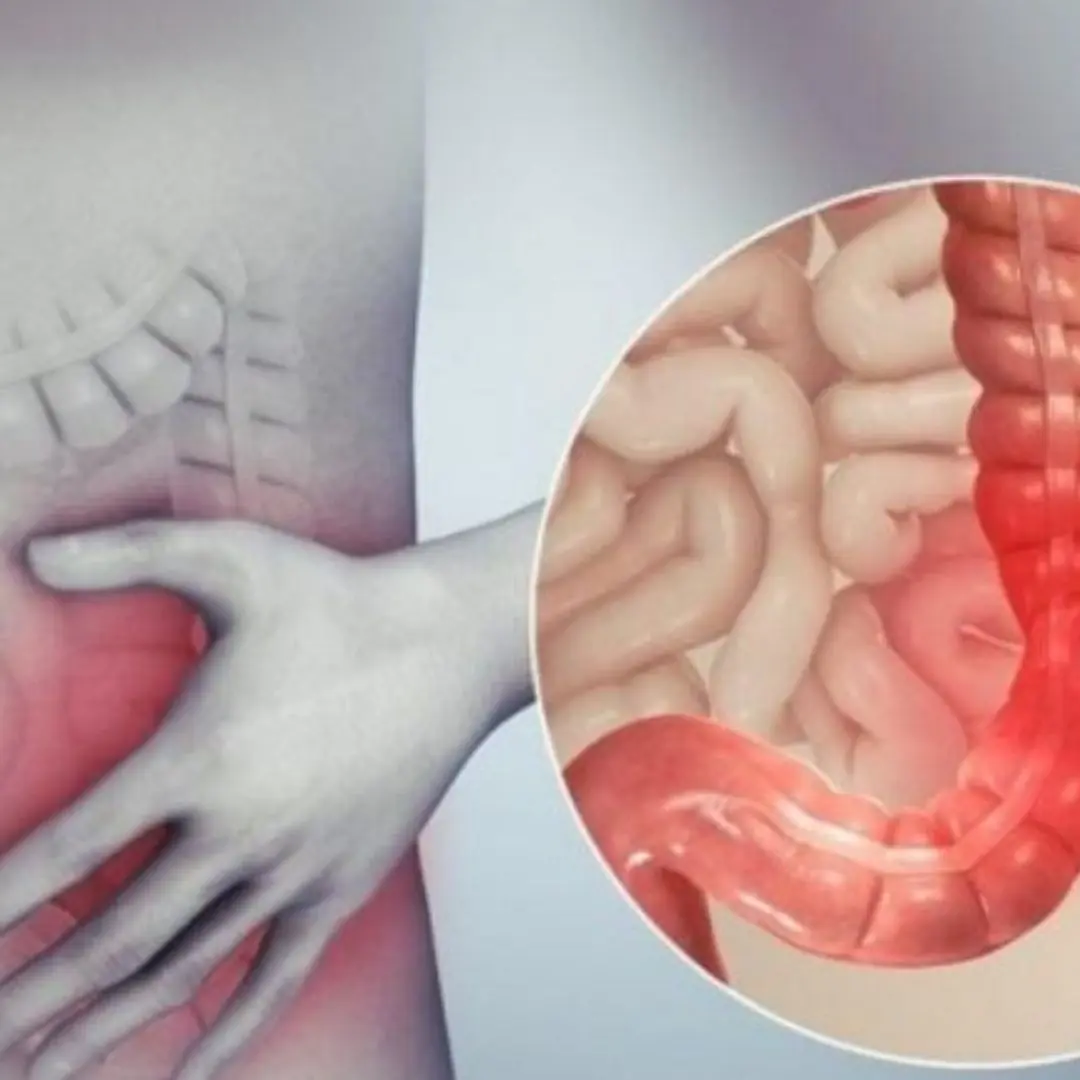
Don’t Overlook These 6 Warning Signs of Stage 1 Colon Cancer
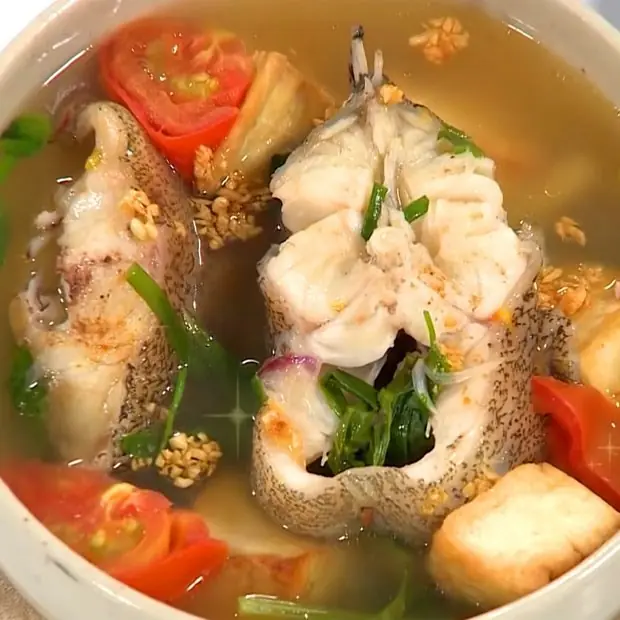
These 3 Common Fish Are Actually the Best for Your Health

4 Foods That Help Prevent Vag.inal Infections:
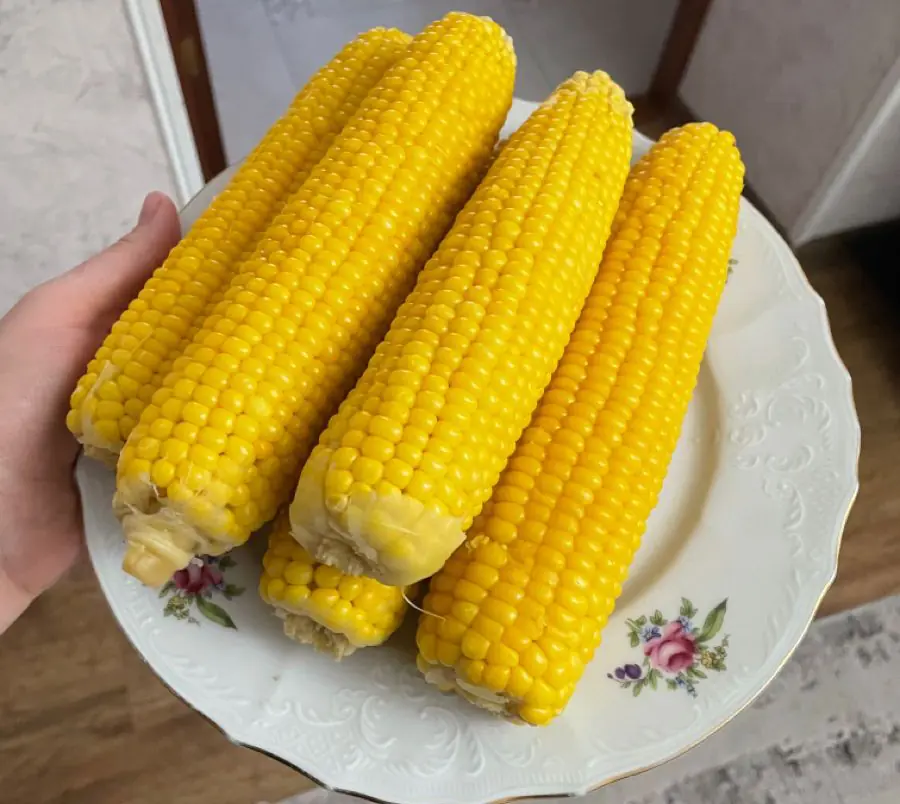
4 Foods to Eat on an Empty Sto.mach in the Morning That Work Like a “Trash Scanner” for the Body
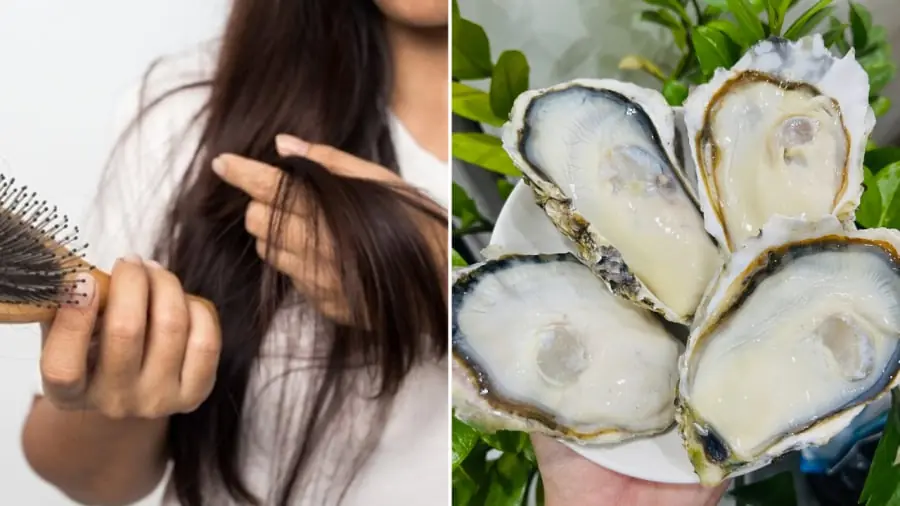
6 Foods That Balance Hormones and Stop Hair Loss — A Secret Few Women Know!
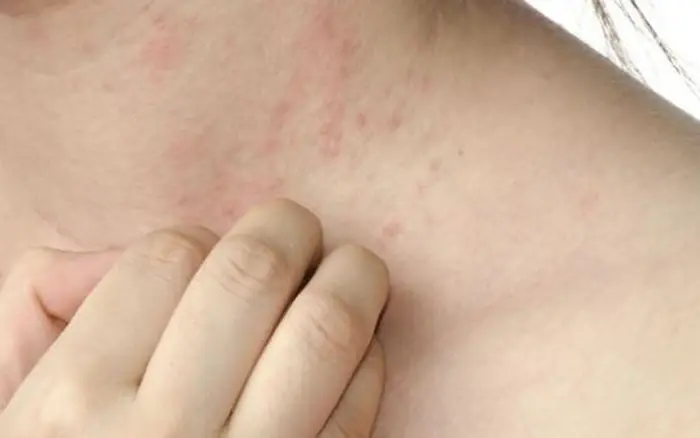
Woman Shocked by Doctor’s Diagnosis After Visiting Hospital for Severe Itching
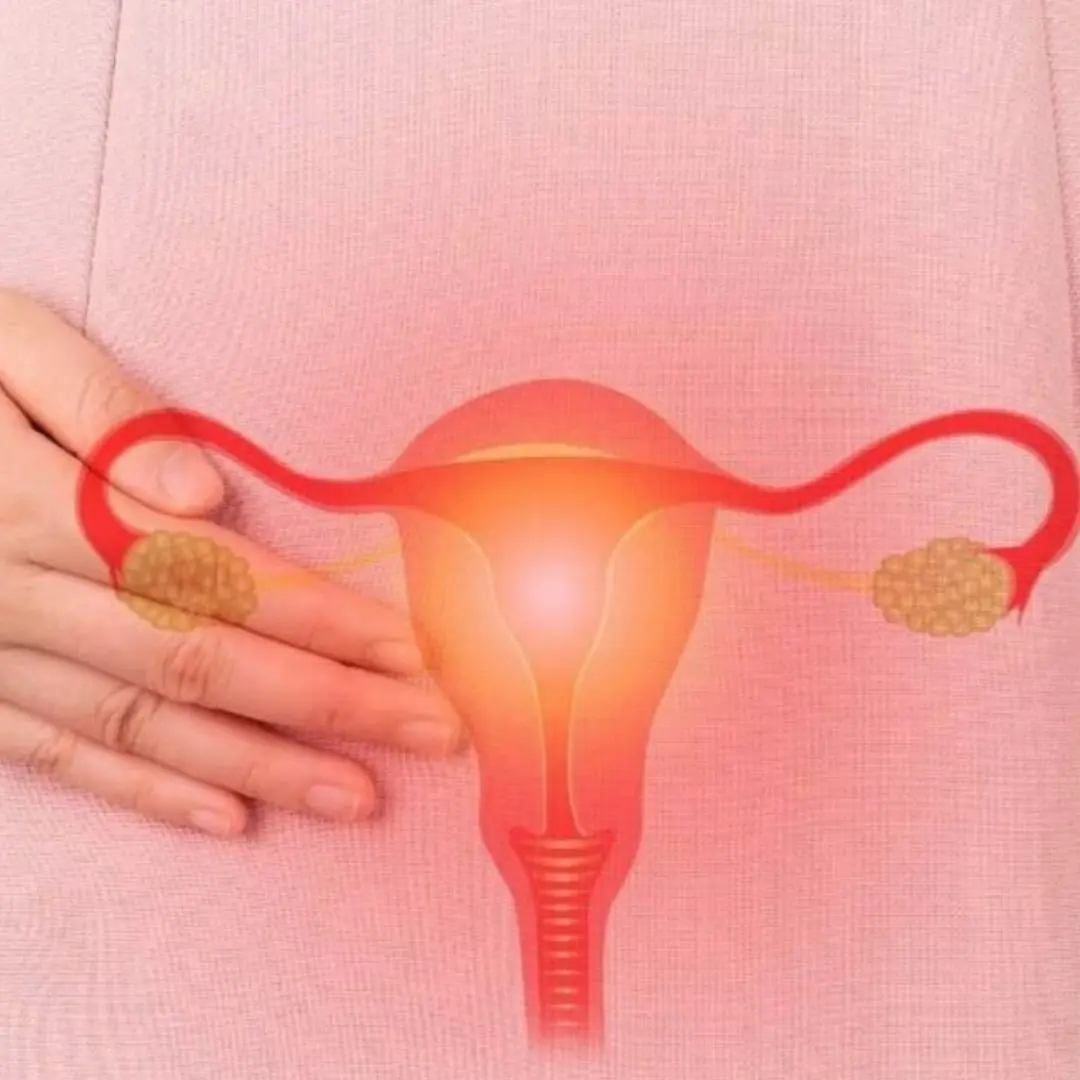
Cervical Cancer: 8 Hidden Warning Signs Just Uncovered

If your breath carries these 4 unusual odors, it could signal hidden illness — don’t ignore the warning signs
News Post

A 33-Year-Old Woman Ate Lettuce at Every Meal—Three Months Later
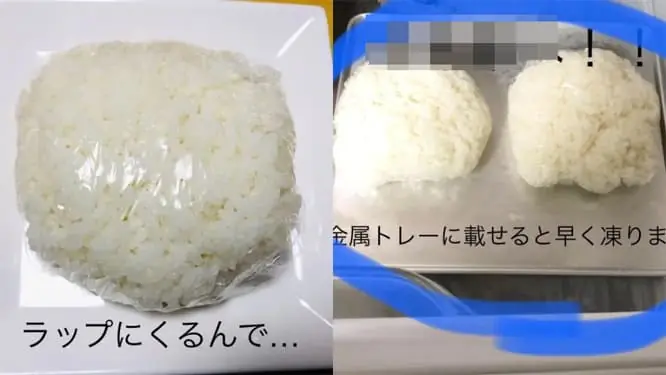
Storing Leftover Rice the Japanese Way
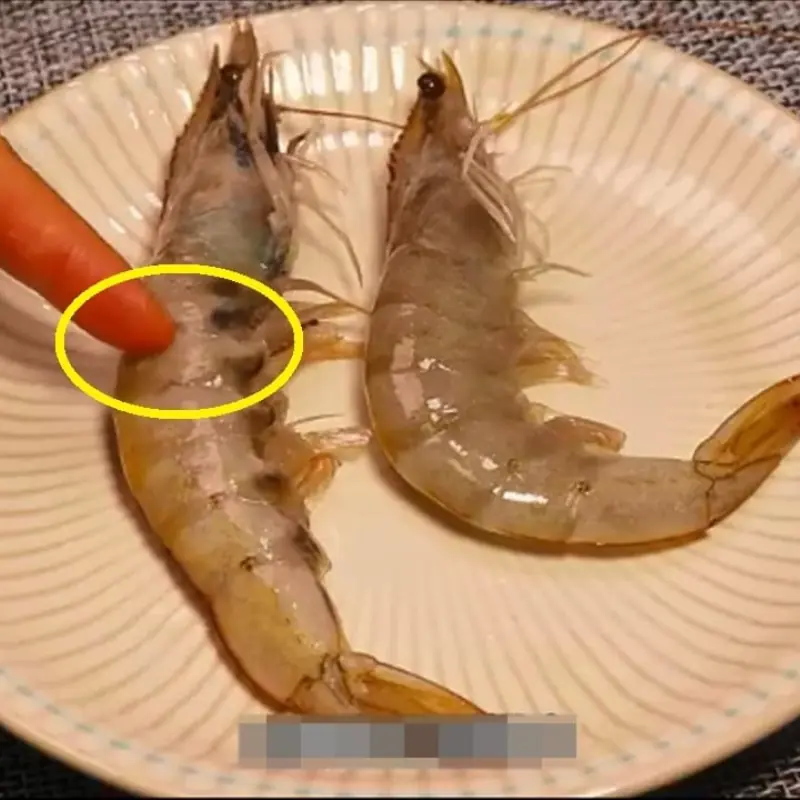
Seafood Shop Owner Warns: 4 Types of Shrimp You Should Never Buy

The hidden function of the small hole in a nail clipper

Catching Nasopharyngeal Cancer in Its Early Stages May Offer a 72% Survival Rate

These 5 Secrets Are the Real “Saviors” for Keeping It Fresh!

Doctor Reveals 5 Dangerous Mistakes You Must Avoid Right After Eating

"7 Silent Habits That Wreck Your Bones and Joints — Quit Them Now or Face Pain in Old Age

Avoid These Plants If You Don’t Want Snakes Near Your House

Night Sweats Explained: 7 Surprising Facts

What the lines on bath towels actually mean?

Farmers put ice on melons before harvest – the reason behind it will surprise everyone

6 Proven Ways to Get Rid of Termites From Wooden Furniture

Warning: 10 Overlooked Symptoms That Could Signal Blood Cancer
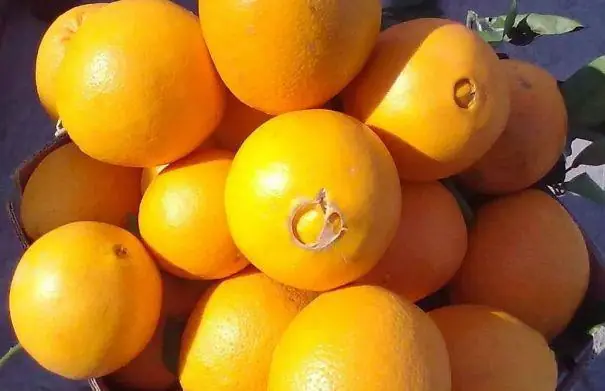
Should You Pick Na.vel Oranges With a Big or Small “Na.vel”?

4 Abnormal Signs in the Abdomen That May Seem “Minor” but Could Indicate Can.cer
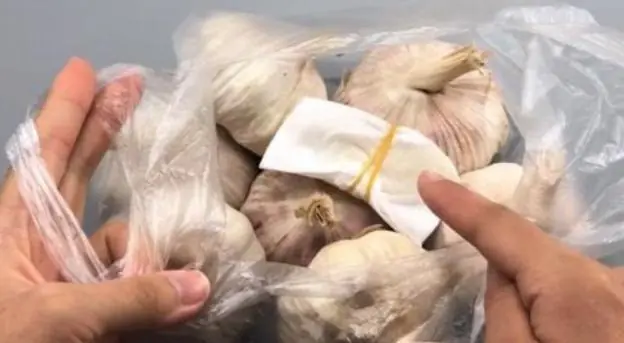
3 super easy garlic storage hacks
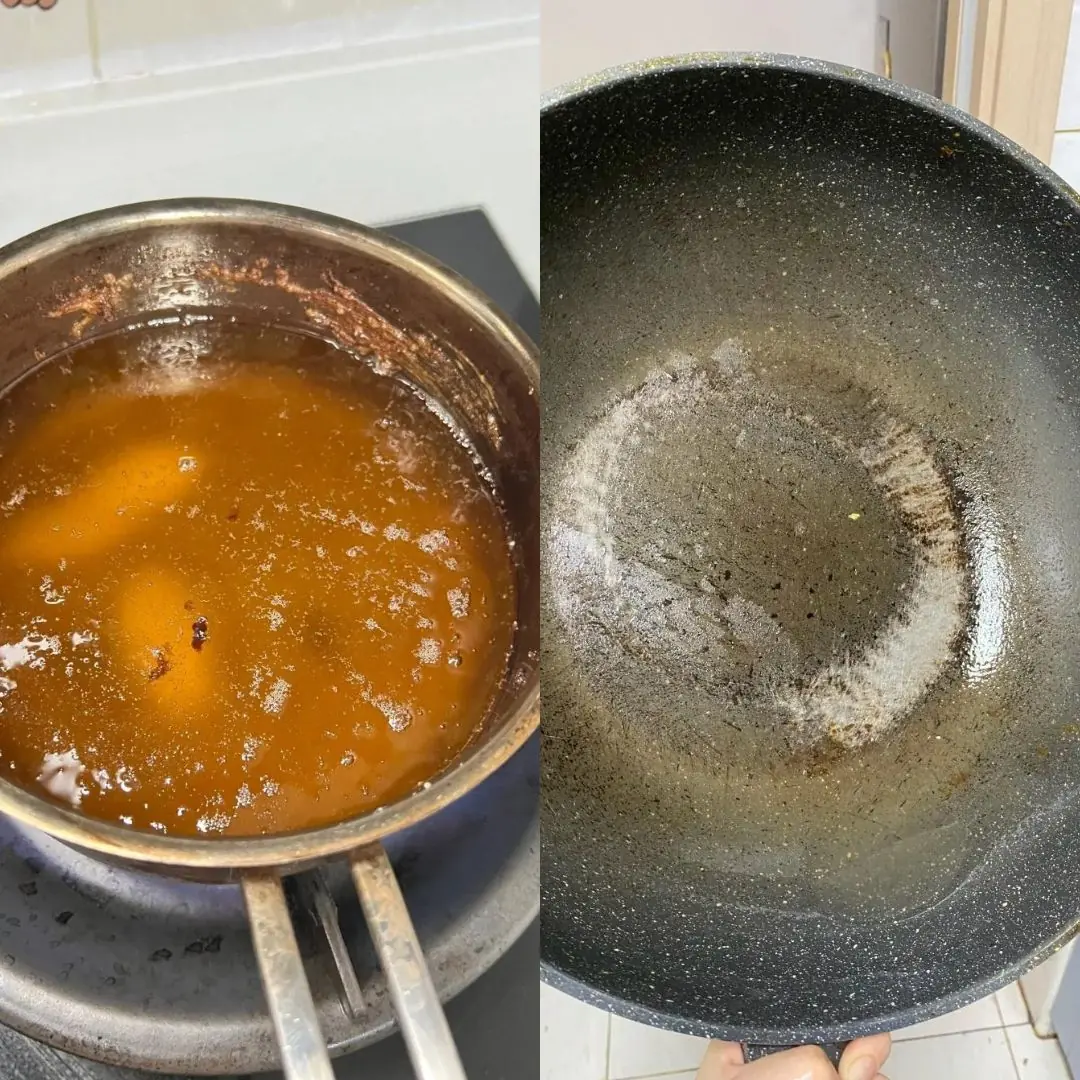
The More You Save, the Sicker You Get: 6 Dangerous Kitchen Habits to Stop Immediately
